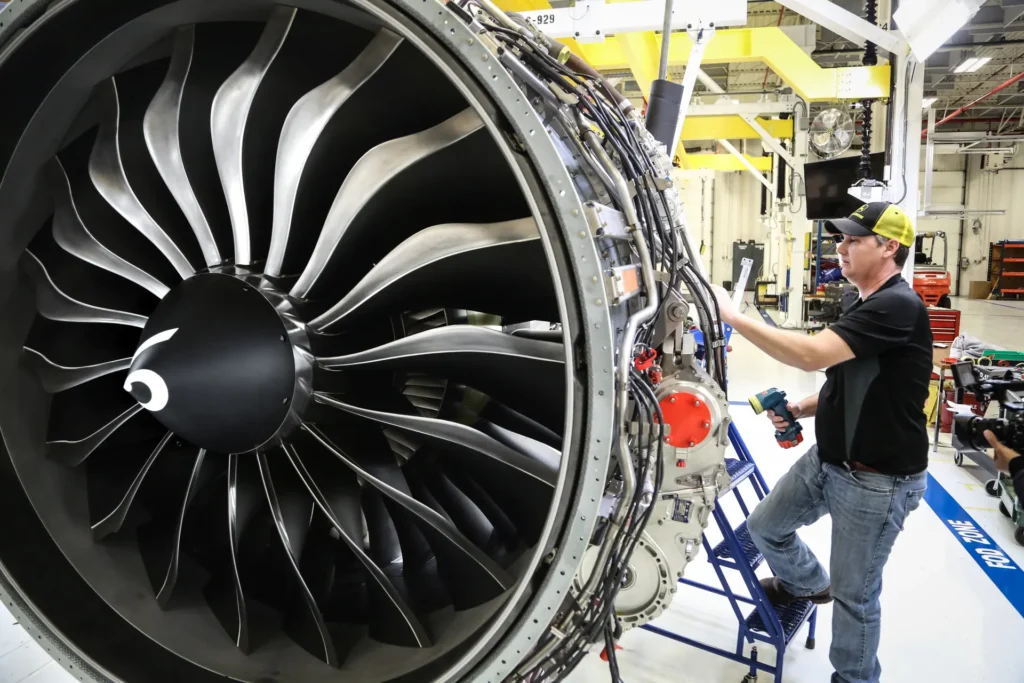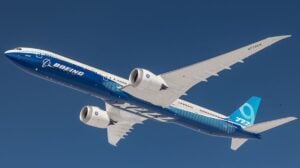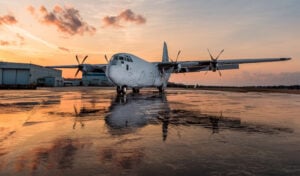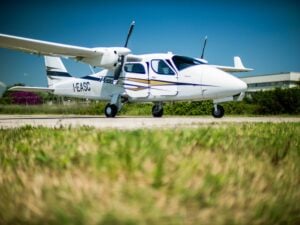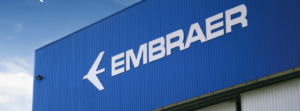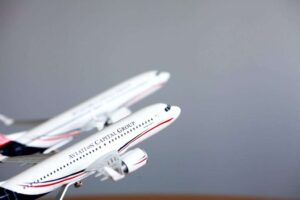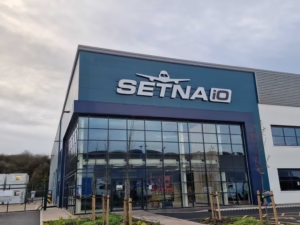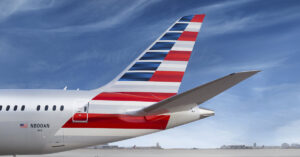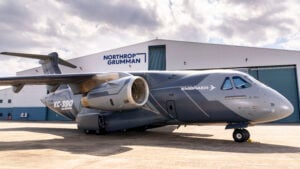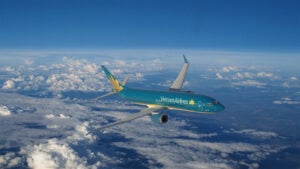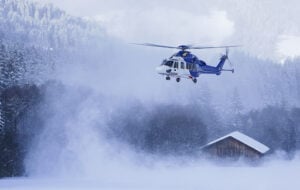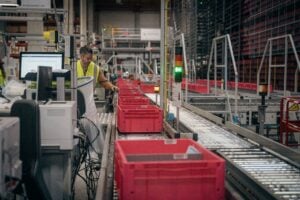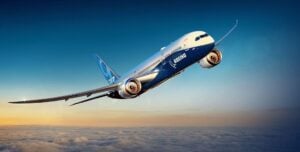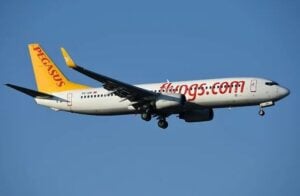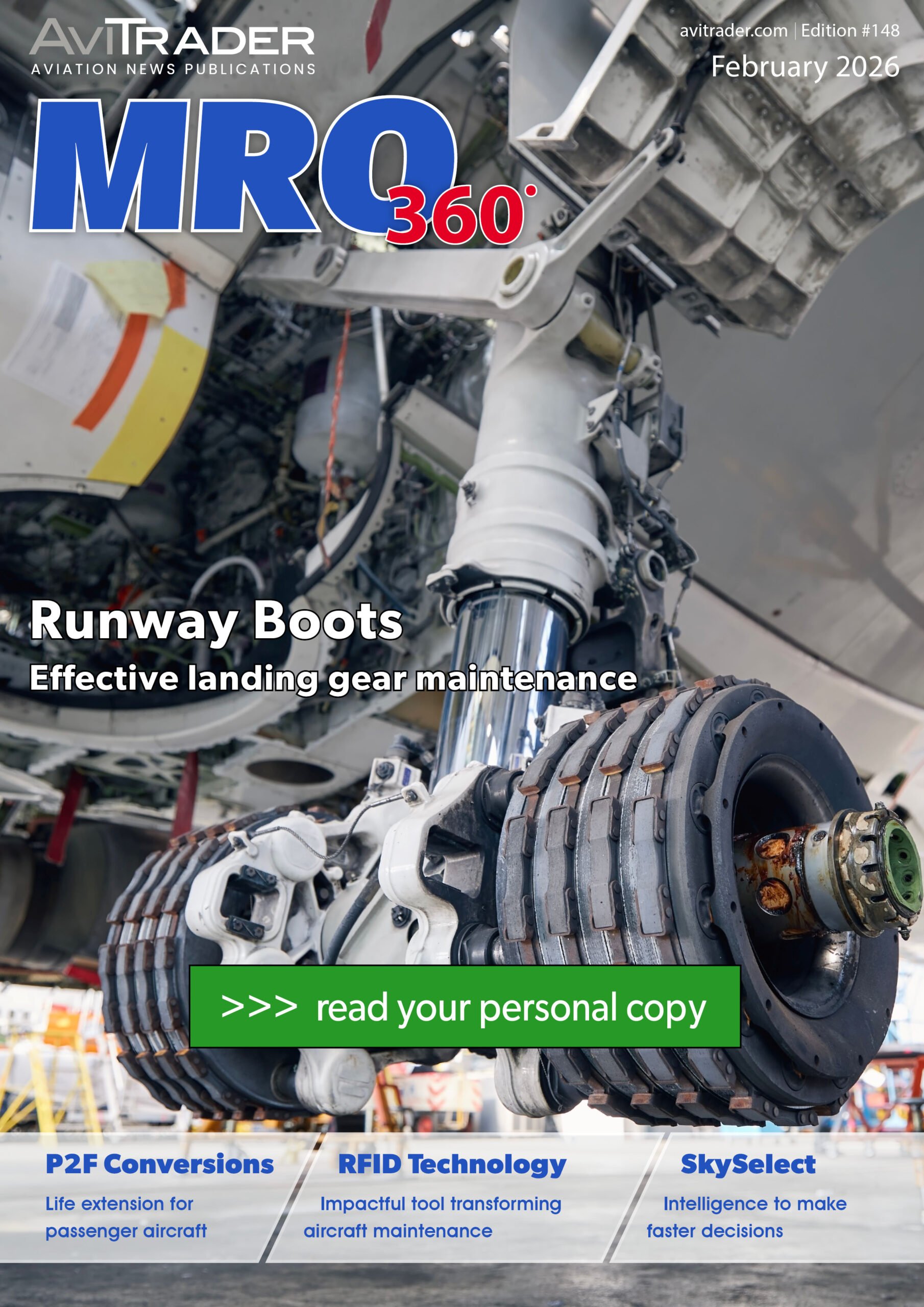Ryanair has announced a major expansion of its partnership with CFM International (CFM) through a new purchase agreement for 30 LEAP-1B spare engines. This acquisition supports the airline’s ongoing growth and the operational needs of its Boeing 737 MAX fleet. The deal is aimed at enhancing the reliability and efficiency of Ryanair’s operations as it continues to expand its capacity across Europe.
The LEAP-1B engines, developed by CFM International—a joint venture between Safran and GE Aerospace—are a central component of the Boeing 737 MAX aircraft. These engines offer significant environmental and economic benefits, reducing fuel consumption and carbon dioxide emissions per seat by up to 20% when compared to previous models. This improvement contributes to Ryanair’s cost leadership and reinforces its competitive edge over other European carriers.
Michael O’Leary, CEO of Ryanair, highlighted the importance of the deal, describing it as “a significant commitment to improve the operational resilience of our Group airlines.” He also reaffirmed the airline’s dedication to investing in the most advanced and efficient technology available.
Ryanair has been a CFM customer since 1998 and operates the largest fleet of CFM-powered Boeing aircraft in Europe, including a substantial number of next-generation 737s and the newer 737-8-200s. With 181 LEAP-powered aircraft currently in service and 29 still to be delivered from a previous order, this latest purchase reinforces a longstanding and productive collaboration.
In 2023, Ryanair further committed to the LEAP-1B engine by ordering powerplants for an additional 150 firm and 150 optional Boeing 737-10 aircraft. Gaël Méheust, president and CEO of CFM International, called the new agreement “another milestone” in their enduring relationship.
The LEAP-1B engines have accumulated nearly 30 million flight hours and 12 million cycles since their introduction. They are noted for improving fuel efficiency by 15% compared to the earlier CFM56 engines and offer a significant reduction in noise, making them a more sustainable choice for modern aviation.

